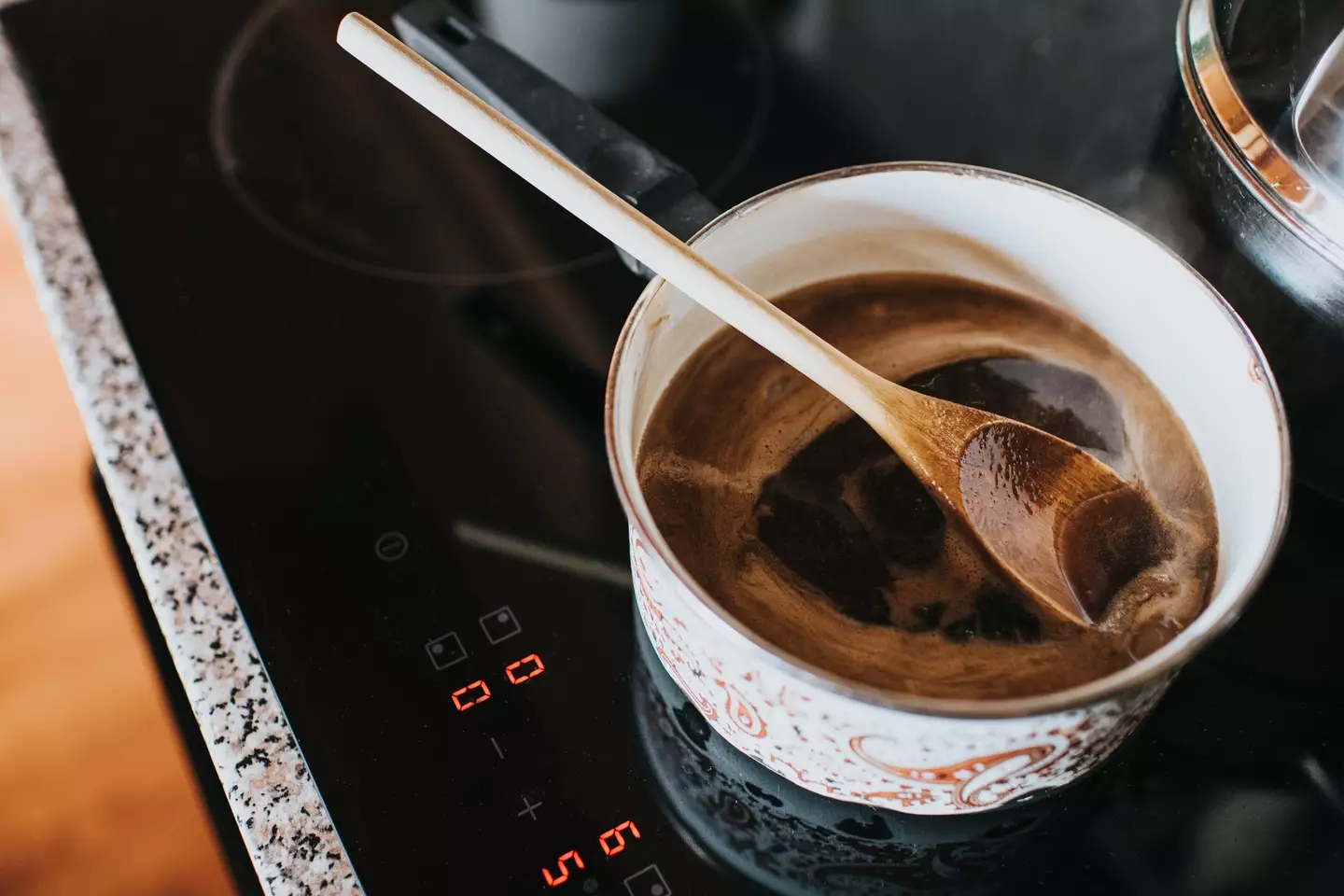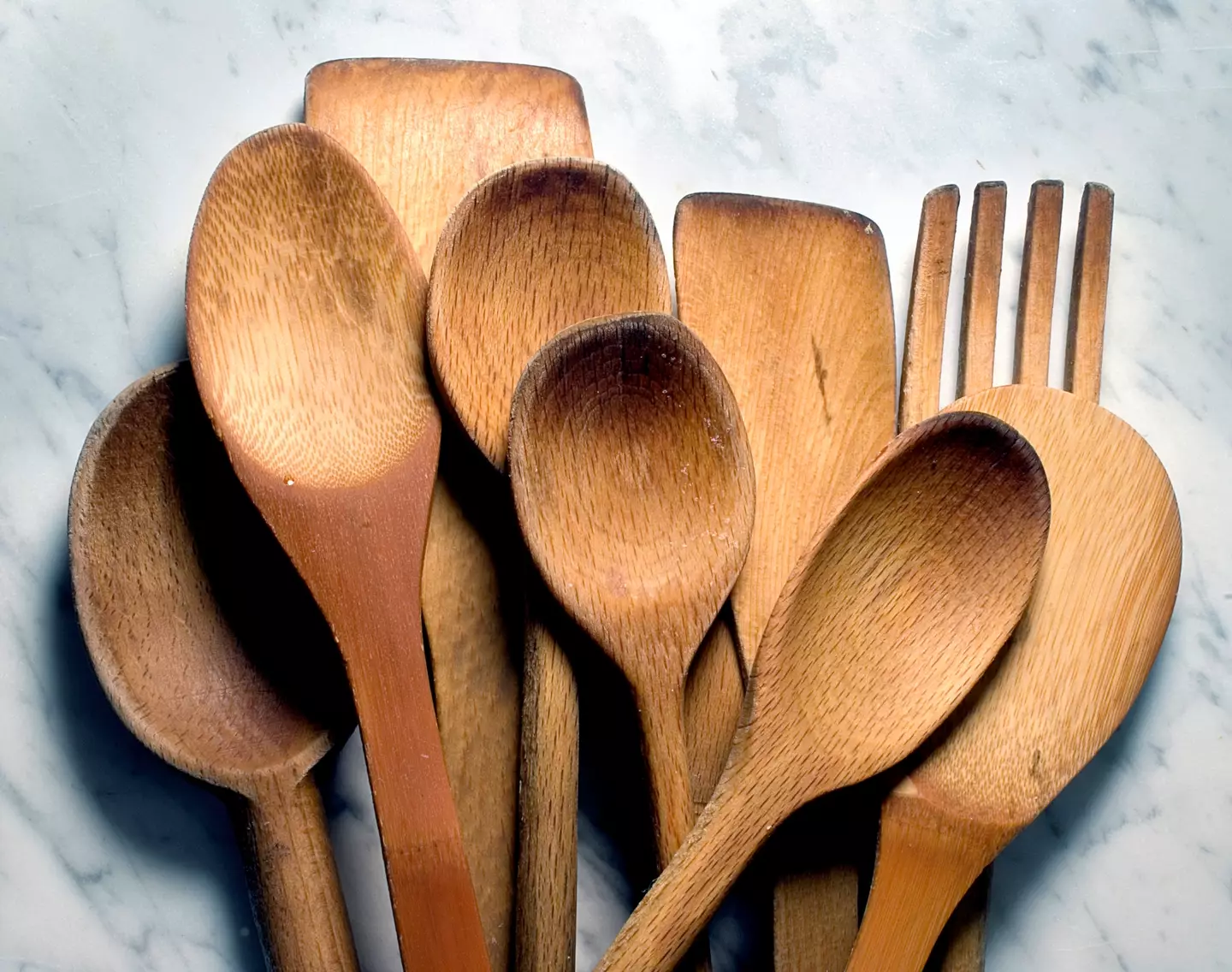
It’s a tall order to find a home kitchen that doesn’t have a wooden spoon in it. They’re easy to use, easy to clean, last a long time, and can stand up to just about any cooking method you include them in.
They also can’t scratch or chip your crockery and non-stick surfaces, which might be of particular interest in an era that’s particularly worried about PTFE and ‘forever chemicals’.
But if you’ve ever had a split in one, you might have noticed that some nastiness can accumulate in the cracks. Wooden is porous and there are tonnes of tiny fissures up and down the grain too, so it stands to reason that some gunk is building up in there too.
With that in mind, are they actually safe to use? Will an old wooden spoon make you ill?
Advert

Australian science educator Dr Karl took to TikTok (@drkarl) to address this very matter and hopefully put the question to bed.
“Ahoy, Dr Karl here with the big question: Is it safe to use wooden spoons... from an infectious disease point of view?” he says in the 2023 video that has been viewed hundreds of thousands of times.
“After all, in the 1990s with people being worried about bacteria invading the porous surface, there was a big move away from wooden spoons to spoons made of steel, plastic, nylon or silicon,” he notes.
Nevertheless, he adds that 'wooden spoons are so lovely' and they 'don't add flavour' and 'don't overheat' either.
“So the bacteria story? Yes, the bacteria do exist,” he explains.
However: “The bacteria will invade the porous surface and they will go underneath the wood, and then, without nutrition, they just simply die."
“It just does not appear in the medical record that these things are a danger. So stir away.”
Of course, Dr Karl is assuming the spoons are being used with good hygiene practices. Wooden spoons should be cleaned with soapy water between uses.
If you’ve used a wooden spoon – or anything else – on raw meat, you should also clean it thoroughly before using it on anything else.

Dr Karl’s assurances were met with delight amongst the wooden spoon community, and some were on-hand to share some cleaning tips.
“I douse mine with white vinegar after plunging in hot water,” said one commenter. “I leave the vinegar for 20 minutes, give it a good rinse or soak in clean water - no odours."
Another said: "All one has to do is have a pot of boiling water and place the spoon in there for a minute or two, it will clean and sterilise the spoons.”
So there you have it: wooden spoons are a-okay for cooking as long as you exercise decent kitchen hygiene practices.
Topics: Health
